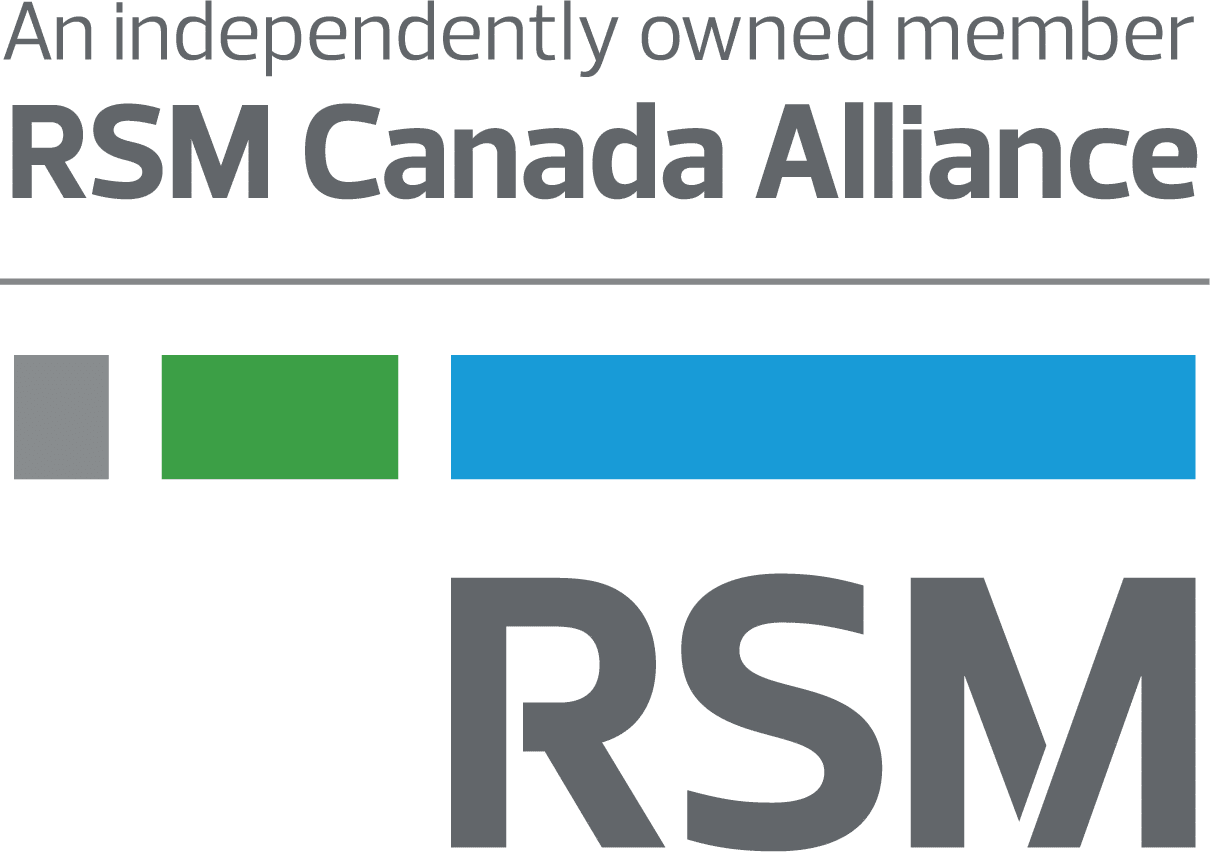
A Trusted Contact Person (TCP) is someone you choose who can help us protect your financial well-being.
What is the Role of a Trusted Contact Person?
A TCP is a resource that may help protect you in possible circumstances of financial exploitation or where we may have concerns about your ability to make decisions due to physical or mental incapacity. A TCP is also a valuable resource in situations where we are unable to reach you.
We encourage you to provide consent for us to contact your TCP. This consent is gathered in writing at the time the TCP is named. You may also specify restrictions about when your TCP may be contacted.
We may ask your TCP to provide or confirm information, such as:
- Whether anyone may be financially exploiting you;
- Your state of mind if we have reasonable concerns about your ability to make decisions involving financial matters;
- Your current contact information if we are unsuccessful in contacting you after repeated attempts and where failure to contact you would be unusual; or
- To confirm the name and contact information of a legal guardian, executor, trustee, an attorney under a Power of Attorney (POA) or any other legal representative.
Your TCP’s role is to provide or confirm information only – they do not have any authority to make decisions regarding your account and will not be given access to your detailed account information. Your TCP will only be contacted for information where we determine it is absolutely necessary.
Who should you appoint as your Trusted Contact Person?
Your TCP should be an individual who you trust. Typically, your TCP is a family member, close friend, or caregiver.
There is no minimum age requirement for a TCP, however, the TCP should be someone that is mature and able to communicate and engage in potentially difficult conversations with us about your personal situation, including concerns about diminishing capacity.
A client-designated attorney under a POA can be named as a TCP, but you should select an individual who is not involved in making decisions with respect to your account. Your TCP should not be your Financial Advisor on the account.
You may name more than one TCP and may name different TCPs for different accounts.
How is a Trusted Contact Person different from a Power of Attorney (POA)?
A Power of Attorney is a legal document, in which you authorize an individual to make decisions on your behalf should you be unable or choose not to do so yourself.
In contrast, a TCP is essentially an “emergency contact.” Unlike an attorney under a POA, a TCP does not have the authority to make any decision or transact on your behalf.
How do you appoint a Trusted Contact Person?
All clients will be asked to appoint a TCP – both younger and older Canadians can experience health issues that affect their decision making, and both can be victims of financial fraud, including cybercrimes which are becoming increasingly sophisticated.
We will ask you for a TCP when we create a financial plan for you. You should let the person know who you have appointed as your TCP. Feel free to provide them with a copy of this information sheet which explains their role. Please advise us if your TCP has declined the role for any reason.
Although we encourage you to appoint a TCP, if you prefer, you are not required to do so.
You can change your TCP at any time you wish by completing new documentation. If you subsequently name your TCP as a Power of Attorney, we recommend that you appoint a new TCP.
Put Your Mind at Ease with Ford Keast Wealth Management
Ford Keast Wealth Management can help you determine the right financial wealth strategy to meet your goals. While we handle the details, you can focus on the big picture. If you have any questions on this topic, contact Gareth Whiteside or Kim Smith at Ford Keast Wealth Management at 519-679-9829.




